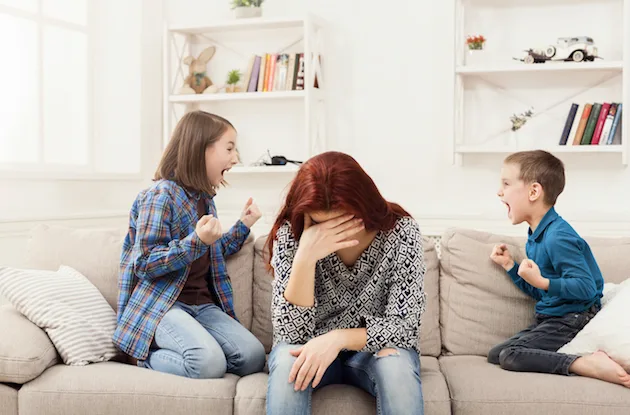“Real Parents. Real Answers.” a youth smoking prevention program, has launched a free e-book on their website that gives parents advice on managing their child’s stress level and preventing them from smoking—many children attribute starting smoking to high stress levels.
 The youth smoking prevention program “Real Parents. Real Answers.” (RPRA) has posted an e-book on its website to inform parents how stress can lead to smoking among children and teens and how to effectively talk to their children about managing stress and making healthy choices.
The youth smoking prevention program “Real Parents. Real Answers.” (RPRA) has posted an e-book on its website to inform parents how stress can lead to smoking among children and teens and how to effectively talk to their children about managing stress and making healthy choices.
Parents can visit the website to find the e-book, which offers insight into what triggers children to smoke cigarettes. In authoring the easy-to-read, pamphlet-sized book, noted parenting expert and RPRA spokesman Dr. Michael Popkin explains that children who smoke attribute stress to be among the top reasons to light up. The book also gives parents examples of what may be leading their children to feel stressed out, and how they can help teach healthy stress management techniques.
Parents may be wondering what their children could be stressed about, but as discussed in the e-book, the pressure to succeed is more intense, and is increasingly applied at an earlier age. Schoolwork, over-scheduling, or inconsistencies in the home environment are factors that lead to stress in young people. How they handle these stressors could make a difference in their long-term health.
The e-book sheds light on some techniques parents can use to communicate with their children about what is causing their stress. It also teaches them how they can help their kids better manage these factors and make better decisions.
Dr. Popkin acknowledges that “it’s not always easy to ask for advice, but smoking is a difficult topic to cover with your children, and having the right approach and information when conducting the discussion can make a big difference.”
Opening more channels of discussion, in his opinion, will not only lead to a healthy outlook on the dangers of youth smoking, but will also ignite a better relationship between parents and their children.
For more information about youth smoking prevention, including a pledge program for kids, plus recorded webinars and podcasts for parents, visit Real Parents. Real Answers‘s website. Parents can also participate in the program on Facebook by liking the program.
Also see:





















